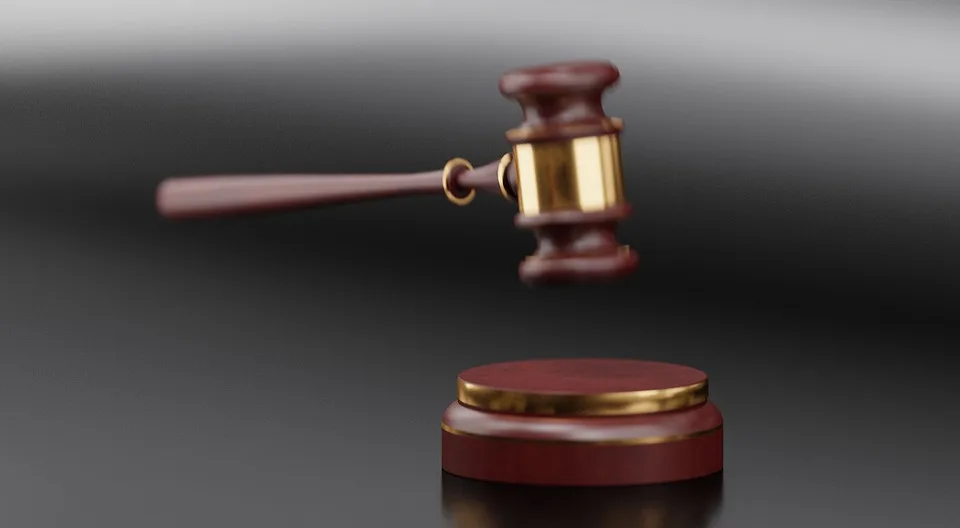[ad_1]
Role of a Real Estate lawyer
First your lawyer will send you a letter outlining what documentation he or she may need from you. Since you will likely be paying at least $1300 plus for legal services, I think it’s important that you know what your lawyer will be doing for you! Below is some detailed information on the role of a real estate lawyer and on what you need to do when working with your lawyer and securing a mortgage. Don’t wait to higher a lawyer just before you taking position of your new purchase, make sure you interview them way before your closing date.
Your Real Estate lawyer should advise you what expenses you’re likely to incur with respect to the closing procedures, including:
Land Transfer Tax
disbursements
legal fees
property tax
If you’ve bought a new home from a builder, the Real Estate lawyer can give you an educated estimate as to how much you should budget for “hidden charges” such as:
Ontario New Home Warranty Enrolment Fee
Hydro and Water meter installation charges
Fencing charges
Grading Deposit charges
many others
If all the conditions in the Agreement have been met and the Offer is firm, the lawyer proceeds to investigate the title to the property. Initials searches include:
utility searches
property tax searches
building, zoning and planning searches
registered title searches
Letters are sent by your lawyer:
to all municipal or regional utility departments to confirm that there are no arrears or outstanding charges
to ensure there are no conditional sales contracts, easements or unregistered agreements, liens
to discover other encumbrances affecting the property or equipment being left by the Seller
Easements are a big issue and cases are always being written up in the newspapers and real estate journals, about buyers who didn’t realize they weren’t allowed to put up fencing or create a parking space because the property survey they were working from didn’t actually show the City’s rights to access the property. Your lawyer’s job is to make sure all this is disclosed to you. Your lawyer will also advise the utility departments of your name and the scheduled closing date, and request that final meter readings be done on the closing date so the final bills can be sent to the Seller.
A Tax Certificate is requested by your solicitor to verify the amount of the current year’s taxes and to ask about any arrears and outstanding charges for taxes. Your lawyer will also write to the Building and Zoning Department to get the full particulars of zoning by-laws and restrictions and permitted uses (so you’ll know if you’re allowed to operate a business from your home or build a huge deck, for example). It’s important that you send your lawyer a copy of the survey for the property as soon as possible – if the Seller has a survey, I’ll get it for you if it’s not already included in the offer documents. If no survey exists, tell your lawyer so he/she can advise how your interests can be protected through Title Insurance.
A Search of Title to the property is begun in the Land Registry Office to make sure the Seller is the true owner of the property, has the right to sell you the property, and that the property is not subject to any encumbrances, encroachments, easements, liens, agreements or mortgages that were not disclosed in the Agreement or Purchase and Sale. You may have heard of fraud cases where people’s homes were sold out from under them by con artists who had no title to the land! This is where your lawyer really earns his fees. This search has to be completed prior to the Requisition Date (title search date) shown on your Agreement of Purchase and Sale.
Other important functions of your lawyer include:
Carry out a search of Executions in the appropriate Sheriff’s Office to ensure that there are no executions against the prior owners of the property that would affect your title.
Prepare and deliver a letter to the Seller’s lawyer requesting that any items revealed in the initial searches be dealt with on or before closing.
Review the contents of the Mortgage Commitment letter your bank will prepare when you arrange your financing, and consult with you about the results of signing it.
Advise you of any closing-day costs related to mortgage financing when your financial institution provides you with a final Mortgage Commitment Letter.
If your lawyer is also acting on behalf of the financial institution (it often happens), he/she will prepare all necessary documentation for the mortgage and submit this package to the financial institution for approval prior to closing:
– Certify title of the property to the financial institution on closing.
– Advise you about any government programs designed to assist home buyers that would apply to you, including Land Transfer Tax Rebate programs, Ontario Home Ownership Savings Plans, RRSP plans, and CMHC 5% Down Payment information.
– Let your insurance broker know the name, address, phone number and fax number of both your lawyer and of the financial institution providing your mortgage. Your lawyer needs a letter confirming that insurance coverage is in place effective on closing – this is super important because the bank will not advance the $ to close your purchase until they know that you have property insurance.
[ad_2]
[To know more]
Source


